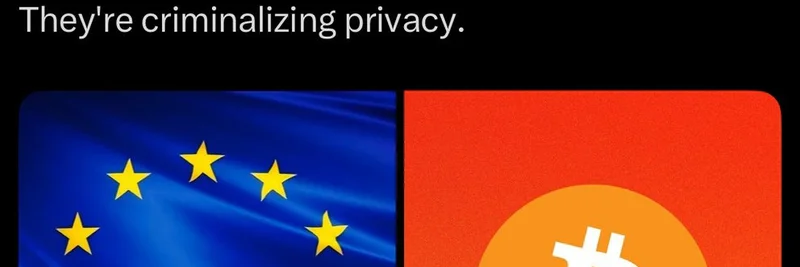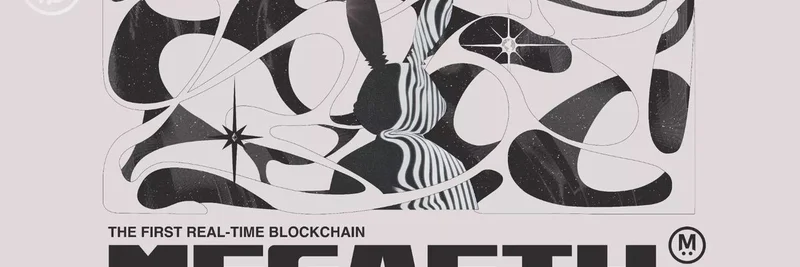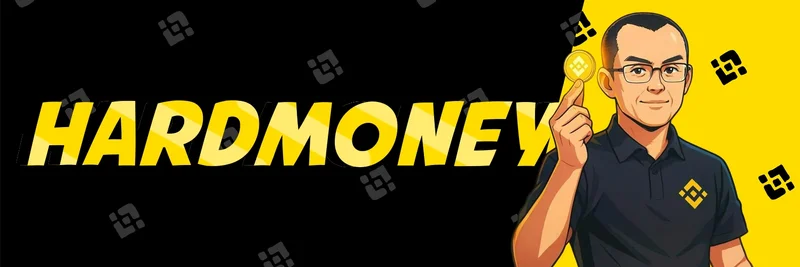In the fast-paced world of crypto, where meme tokens thrive on hype and community vibes, a recent tweet from @StarPlatinumSOL has struck a chord with many Europeans feeling the squeeze from tightening regulations. The post, sharing a screenshot from @SimplyBitcoin, highlights the EU's move to ban cash payments over €10,000 and mandate ID verification for every Bitcoin transaction starting in 2027. It's a stark reminder that while Europe boasts incredible culture and quality of life, economic policies are making financial freedom feel like a distant dream.
What's Behind the EU's New Rules?
Let's break it down simply. The European Union has rolled out new anti-money laundering (AML) laws to combat illicit activities. From 2027, you won't be able to make cash payments exceeding €10,000 without it being flagged or prohibited. On top of that, anonymous cash transactions over €3,000 will require identity checks. But the real kicker for crypto folks? All transactions involving crypto-asset service providers—like exchanges—will need full customer verification, effectively ending anonymity for Bitcoin and other digital assets. This isn't just about big transfers; even smaller ones through platforms will demand KYC (Know Your Customer) details.
These measures, set to kick in fully by mid-2027, aim to increase transparency and prevent things like terrorist financing or sanctions evasion. However, as @SimplyBitcoin puts it, "They're criminalizing privacy." For many in the crypto space, this feels like a direct attack on the decentralized ethos that drew them in—freedom from traditional banking oversight.
A European's Cry: @StarPlatinumSOL's Take
@StarPlatinumSOL, a thread writer and ambassador for projects like @yeet and @kalshi, didn't mince words: "Honestly as a European the situation feels hopeless. Any form of financial freedom gets cut off. Taxes suffocate us in 80% of the countries. Culturally and in quality of life we’re top tier. But economically, we’ve been falling behind for years. I’m tired."
This sentiment resonates deeply in the meme token community, where quick, pseudonymous trades are part of the fun. Meme coins on chains like Solana often attract users seeking low fees and fast transactions without the hassle of heavy KYC. But with these regs looming, Europeans might find themselves jumping through more hoops, potentially slowing adoption or pushing activity underground.
Community Reactions: From Frustration to Innovation
The tweet sparked a wave of replies echoing similar frustrations. One user, @Jeremybtc, called it "just stupid," predicting an exodus from Europe. Others, like @SofiaCryptoVibe, saw Bitcoin as an escape from taxes, while @geezer_btc simply noted, "Taxes are a killer."
Interestingly, the conversation turned to solutions within the crypto ecosystem. @Blankeyblanket highlighted $RADR on Solana, praising @radrdotfun's zero-knowledge (ZK) privacy tech as "essential infrastructure." ZK proofs allow transactions to be verified without revealing sensitive details, offering a way to maintain privacy amid regulatory crackdowns. This could be a game-changer for meme tokens, where community-driven projects often emphasize fun over formality.
In Finland, @Ukkometa even floated the idea of reviving the old markka currency to sidestep EU "non-sense." It's clear that while the regs are concerning, they're sparking discussions on privacy-focused innovations that could benefit the entire blockchain space.
How This Affects Meme Tokens and Blockchain Practitioners
For meme token enthusiasts, these changes could mean more scrutiny on platforms hosting tokens like those on Solana or Ethereum. If you're trading viral coins inspired by anime characters (hey, Star Platinum from JoJo's Bizarre Adventure rings a bell), expect exchanges to demand more personal info. This might deter casual degens, but it could also boost demand for privacy-centric meme projects.
On the brighter side, regulations like these often accelerate tech advancements. Tools like ZK-SNARKs (a type of zero-knowledge proof) are already being integrated into chains to enable private transactions. For blockchain practitioners, this is a call to build and adopt resilient systems. Meme Insider is here to keep you updated on how these shifts impact the meme token landscape— from Solana pumps to privacy plays.
If you're in Europe and feeling the pinch, remember: crypto's core is adaptability. Stay informed, explore privacy tools, and keep the meme spirit alive. For more on EU crypto regs, check out the official EUR-Lex summary. What's your take—will this kill privacy or spark the next big innovation?



